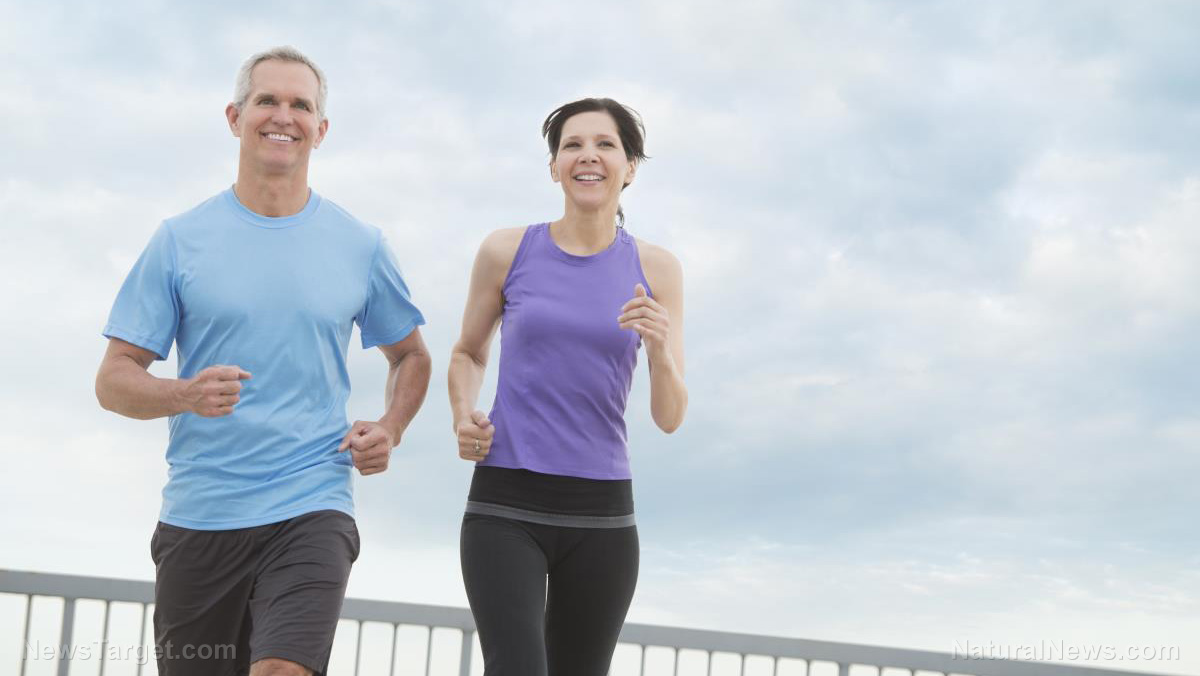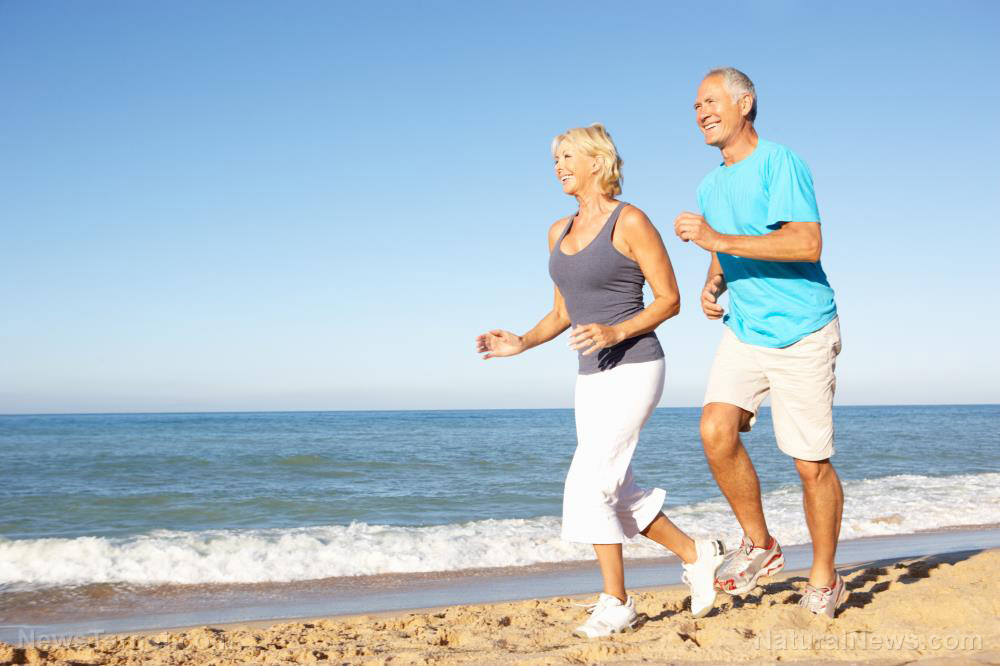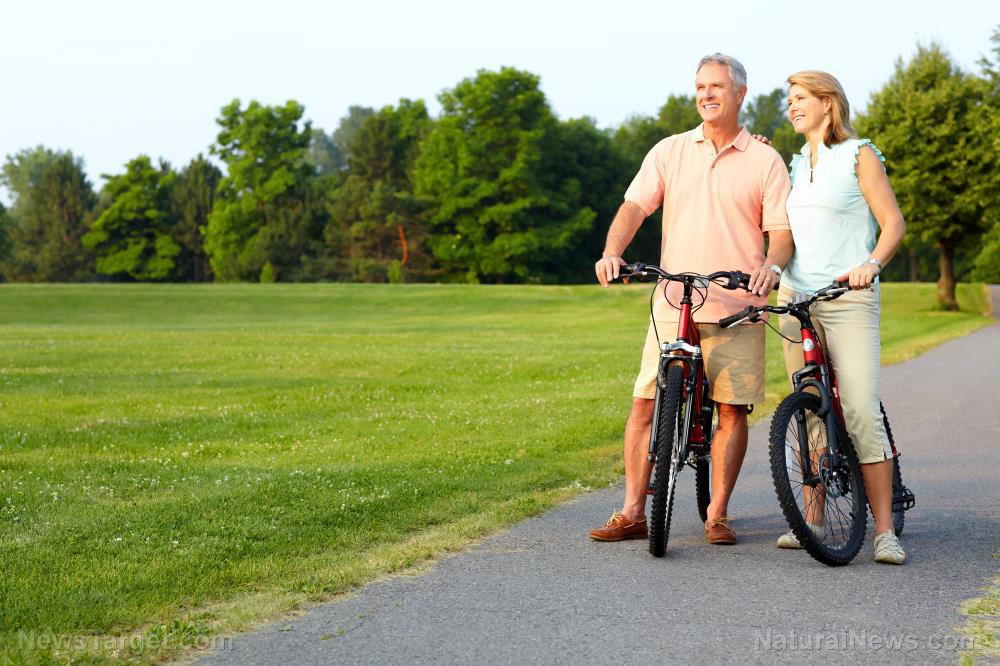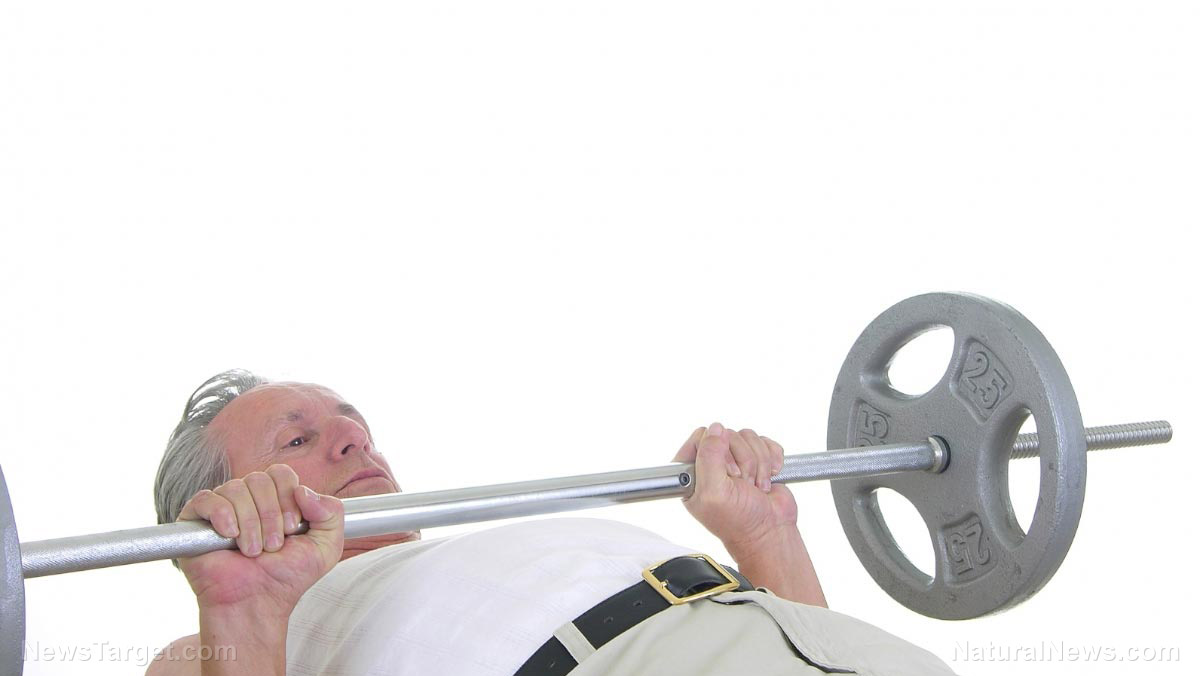Healthy and drug-free: Natural remedies that can help address the symptoms of Parkinson’s disease
04/16/2019 / By Edsel Cook

Prescription medications and deep brain stimulation are not the only ways to improve the condition of patients suffering from Parkinson’s disease. There are complementary and alternative medicines that are much safer and potentially as effective as the chemicals and surgically implanted devices when it comes to suppressing tremors.
One of the best natural treatments is to work out more often. Intense physical exercise raises dopamine concentrations in the parts of the brain that are affected by the disease. The higher levels of the neurotransmitter helps reduce stiffness, tremors, paralyzed muscles, and other motor issues attributed to Parkinson’s.
Dopamine also helps manage mood. So in addition to improving symptoms of Parkinson’s disease, physical exercise can also improve mild to moderate cases of depression.
A 2013 study by researchers at the University of Toronto recommended taking three sessions of physical exercise each week. This vigorous protocol can slow down the onset of Parkinson’s disease.
Any form of physical exercise can reduce the symptoms of Parkinson’s. Boxing training, tai chi, and yoga can bring various benefits to patients suffering from the neurodegenerative disease. (Related: Reduce symptoms of Parkinson’s with thiamine.)
A workout partner can help patients fight off Parkinson’s in “forced exercise”
Despite the name, forced exercise is not about a person forcing himself or herself to work out. Rather, it involves a Parkinson’s disease patient using a stationary tandem bicycle alongside a healthier person who keeps the revolutions per minute (RPM) of the bike at a high rate.
Most Parkinson’s patients cannot pedal very quickly. This is a shame because pedaling at least 80 RPM for 40-minute-long sessions three times a week can improve the symptoms of their disease.
High-speed pedaling exercises on a stationary bike has been shown to increase the connections of neurons in the brain and decrease or even completely eliminate tremors. It can also help patients walk faster and improve their dexterity.
To get around their disability, a patient can use “forced exercise” to help their legs pedal much faster than they normally can. The benefits from this training protocol can last for up to eight weeks after the last workout session of the patient.
Experts warn against getting a motorized stationary bike for purposes of forced exercising. A patient needs to be actively moving his legs in order to get the health benefits. Instead, there are cycling classes at YMCAs that feature forced exercises for Parkinson’s disease patients.
Alternative approaches to Parkinson’s that don’t need a single pill
A good massage releases important neurotransmitters in the brain. It can also reduce pain and stiffness associated with Parkinson’s disease.
Acupuncture achieves similar effects as massage therapy. Furthermore, this traditional Chinese medicinal approach also controls muscle tremors.
Singing increases the volume of a patient’s voice. It also encourages healthy interaction with other people, which improves the mental health of a patient.
There are physical therapy programs that are tailored for patients with Parkinson’s. These programs increase the balance, gait, and flexibility of a person. Physical therapists can also help patients overcome walking-related issues such as shuffling.
In a similar vein, occupational therapists will assist patients in everyday living activities like putting on clothes. A patient could be shown how to use adaptive tools that help them button or zip their clothes.
Parkinson’s disease can hamper a patient’s ability to swallow. This swallowing problem can be alleviated with the help of speech therapists, who can also help patients increase the volume of their voice.
Finally, aqua therapy is a form of physical therapy that takes place in a pool. The buoyancy of water keeps Parkinson’s disease patients safe from harmful falls and makes movement easier.
Sources include:
Tagged Under: alternative medicine, brain function, complementary medicine, dopamine, exercise, fitness, massage therapy, mental health, mind body science, natural cures, natural healing, natural medicine, Naturopathy, Occupational Therapy, Parkinson's Disease, physical therapy, remedies, stationary bicycle, stationary cycling



















